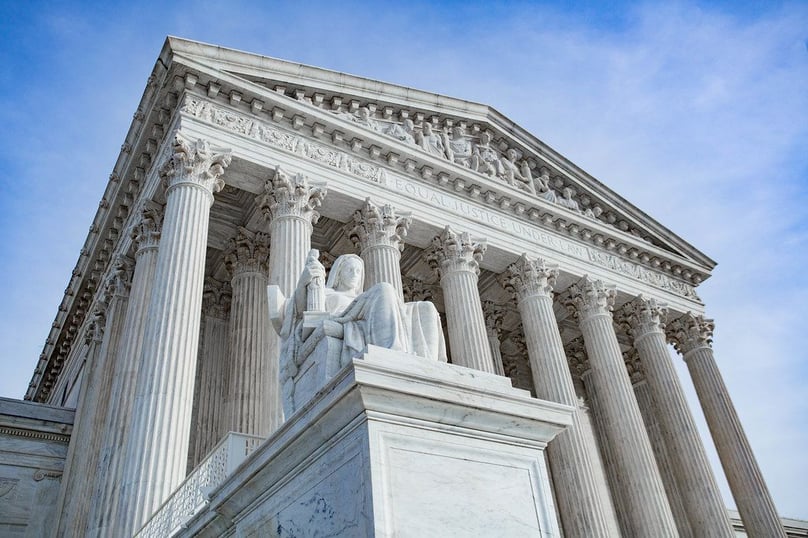The upcoming term for the Supreme Court will see it deciding on two cases of major significance to the U.S. economy. These cases involve the significant import taxes imposed by President Donald Trump, as well as his ability to exert influence over the Federal Reserve, the central bank integral to the nation’s monetary affairs. Other cases with economic ramifications are also being fought in lower courts and may reach the Supreme Court in due course.
One of the noteworthy cases is that of State Department vs. Aids Vaccine Advocacy Coalition, which questions presidential power in canceling funding previously allocated by Congress. Here, the Supreme Court has temporarily allowed Trump to revoke $4 billion in foreign aid, with the caveat that the final ruling is pending.
Set between October and early July, the court will hear arguments with rulings possible as early as June. The decisions will have long-standing repercussions on the extent of presidential power over the economy. For instance, the case of Learning Resources Inc. vs. Trump directly affects many of Trump's tariffs.
Initiated by companies manufacturing education tools hit by these import taxes, the case scrutinizes Trump's right to impose tariffs without the approval of Congress. Specifically under the lens are the tariffs imposed under the International Emergency Economic Powers Act (IEEPA). These tariffs imposed by Trump account for around 75% of all his tariffs according to UBS estimates. Here, what is being contested is the legality of Trump's utilization of the law to declare a trade "emergency" and impose new import tariffs.
The case, though unlikely to completely undermine Trump's trade policies, adds more unpredictability to the already volatile trade wars. An adverse ruling could even lead the administration to repay billions in collected tariffs.
In the case of Cook vs. Trump, the control of the Federal Reserve is at stake. The ruling will decide if the president has the power to dismiss a member of the seven-member board that governs the central bank. If the ruling is in favor of Trump, it could lead to lower interest rates and potential inflation in the future as a result.

